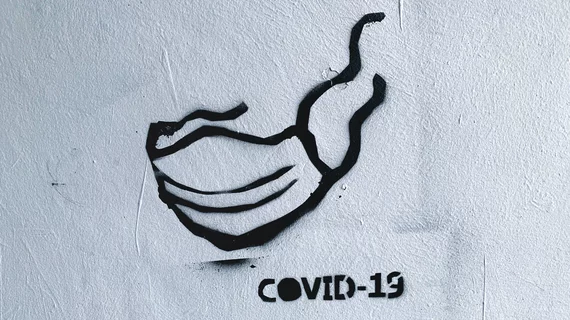Questions mount as the new Omicron variant continues to spread
A new COVID-19 variant identified in South Africa, known as Omicron, was named “a variant of concern” by the World Health Organization (WHO) on Nov. 26.
WHO officials emphasized that is unclear if Omicron is more or less transmissible than other variants. Early findings and anecdotes from South Africa do suggest that it is highly contagious, but specialists agree it is too early to make a definitive statement at this time.
According to a new statement from the White House, there may be a considerable waiting period before we learn much more about Omicron. Anthony S. Fauci, MD, director of the National Institute of Allergy and Infectious Diseases and President Joe Biden’s chief medical advisor, has said it will take “approximately two weeks” to gain a better understanding of how it compares to other variants.
“Dr. Fauci also reiterated that boosters for fully vaccinated individuals provide the strongest available protection from COVID,” according to the statement. “The COVID Response Team’s immediate recommendation to all vaccinated adults is to get a booster shot as soon as possible; all adults are eligible for a booster if they were vaccinated six months ago or more with Pfizer or Moderna, or two months ago or more with Johnson & Johnson.”
Cardiovascular complications?
Dr. Angelique Coetzee, chair of the South African Medical Association, said in an interview with Reuters that she has seen fairly mild symptoms in patients with this new variant.
“The most predominant clinical complaint is severe fatigue for one or two days,” she said. “With them, the headache and the body aches and pain.”
No Omicron-related cases of myocarditis, or any other significant cardiac complications, have been reported at this time.
Cardiologists potentially infected
In a related story, two cardiologists from Sheba Medical Center in Israel are believed to have the variant. The Jerusalem Post highlighted the story, noting that both doctors were fully vaccinated.
Neither doctor is experiencing severe symptoms at this time, and it has not yet been confirmed that they have the new variant. All patients and colleagues who interacted with the doctors have been notified and are being tested.

